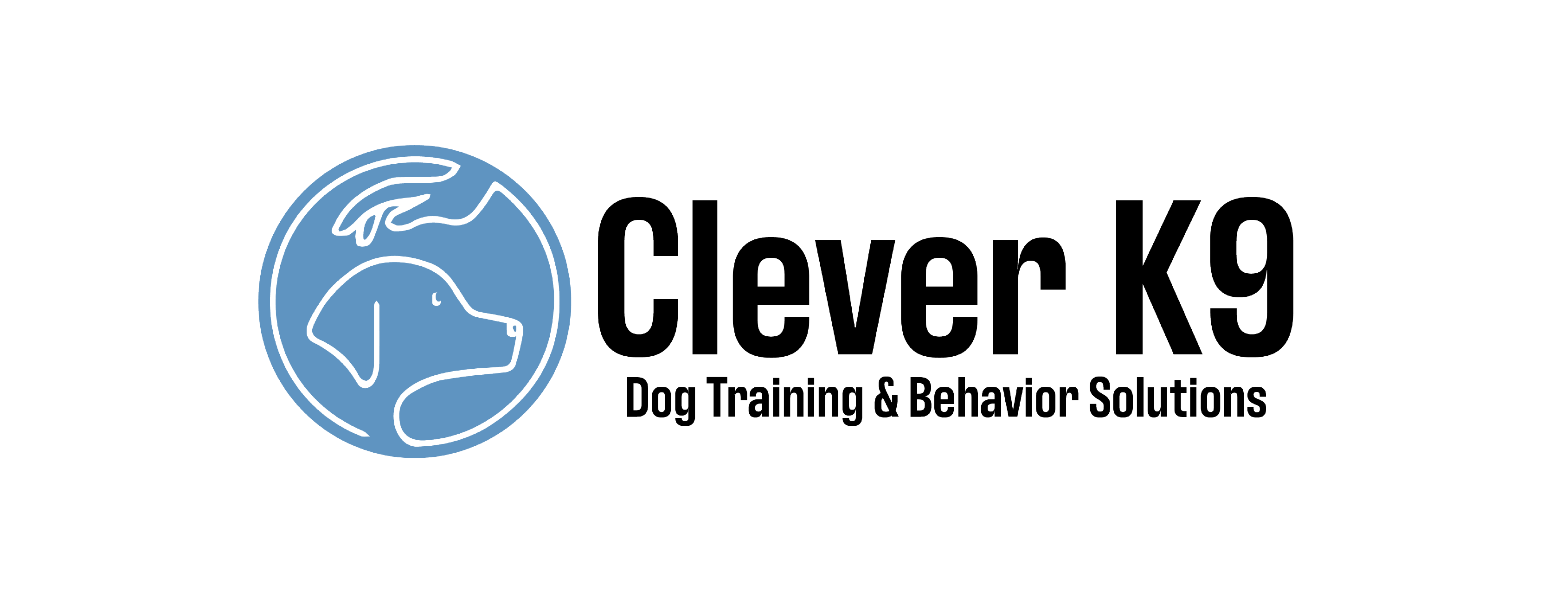Socialization
It's important to make sure your puppy experiences a multitude of everyday things such as loud noises, objects, cars driving by, all kinds of people, etc. Dogs tend to fear the unknown so the sooner you can help puppy become desensitized to the world around them, the better!
Proper socialization is the number 1 behavioral development aid for your new puppy that will ensure they grow up to be a good dog! Socializing a dog correctly empowers them to remain or become a calm, confident, and easily managed dog.
Lack of proper socialization can lead to problem behaviors such as excessive barking, fear, anxiety, and reactivity. Thankfully, proper puppy socialization is much easier to achieve than many people realize. Below are a few ideas to help you set your puppy up for success!
1. Throw a "puppy party"
Invite people you know over to your house for a puppy party, especially men and children! Make sure everyone gets a turn to play gently with the puppy and offer treats.
2. Go for walks
The daily walk is the perfect time to socialize your puppy. Allow them to see and be seen by the neighborhood, but don't allow everyone and their dog to stop and say hello. This will create an expectation in your puppy that walks are where they meet all kinds of people and dogs and this may in turn lead to over excitability or anxiety. Just focus on having a nice walk.
3. Walk your puppy in new places/neighborhoods, the same as above applies.
4. Play fun games with your puppy while a speaker near by plays thunder or fireworks, make sure its not loud enough to scare your puppy and make sure they are having fun. Better to practice this ahead of the fourth of July than on the day!
5. Have play dates with other fully vaccinated puppies or well socialized dogs.- Do not go to dog parks.
Aim to take your puppy out of the house as close to every day as possible. Try to have your puppy well socialized to many different environments and experiences by 12 weeks of age.
Remember: Socialization is much more than making sure your dog is friendly with other dogs and people. Most popular family dog breeds were already bred to be that way, it comes naturally to them, they just need continued exposure so as not to learn to fear new people or dogs. A big and very important component for socialization is desensitization. Which focuses on exposing your puppy to new experiences that just happen to involve the world around them where adults and children, other animals be it wild or domestic, strange sounds, smells, etc. also exist.
Mily's recommended reading list
For anyone wanting to understand their dog a little better or is curious about the science of how dogs learn.
Disclaimer: I may receive a small monetary compensation form purchases made using these links. All proceeds go toward helping foster dogs.
How dogs Learn by Mary R Burch & Jon S Bailey - This is one of my favorites. Anyone looking to train a dog should read this. It covers learning theory and explains scientific concepts in relatively simple terms.
When Pigs Fly: Training Success With Impossible Dogs by Jane Killion - Your dog is not "stubborn," your dog was bred to think independently and problem solve, rather than sit around and wait for a person's say-so. She is likely a non-biddable breed of dog, or a mix of non-biddable breeds. Most training classes are modeled after the way "biddable dogs" learn. Dogs like the popular border collie, or Labradors or Goldens. But if you have anything with just a little bit of hound mixed in or terrier, or heck a Husky, you might find that pigs will fly before your dog gives a hoot what you say. Or maybe not! Jane Killion explains how she got her 3 "When Pigs Fly" bull terriers to not only learn and love training, but they went on to win agility and obedience titles too. In this book, she walks the reader through the methods she uses to train "impossible dogs."
Family Friendly Dog Training by Patricia McConnel - This is an easy to digest 6 week puppy training program in a book.
On Talking Terms With Dogs by Turid Rugaas - In this fascinating read, Turid walks the reader through the language of dogs and explains what their different behaviors mean. She does go as far as imitating these behaviors to communicate, I do think that part is optional. Either way, it's of high importance for dog people to learn the language of dogs.
AKC The New Complete Dog Book - Another great book that belongs on every dog lovers shelf! This book contains the history of all the breeds currently recognized by the AKC and it's truly amazing to see just how many specific or specialized tasks we have selected for over the years. This collection of breed profiles is a must in helping to understand our dogs better.
The New Click to Calm - This is a great option for anyone that has a dog with behavioral challenges, be that aggression, reactivity, fear or anxiety.
